BMW is known for producing high-performance vehicles that deliver an exceptional driving experience, but like any car brand, it’s not without its flaws.
Whether you own a sleek BMW X1, a sporty BMW X5, or the classic BMW 3 Series, there are common issues that can arise in these luxury cars. From engine problems to electrical faults, understanding the potential issues and how to address them can save you from costly repairs and maintenance down the road.
Here, we’ll explore some of the most common problems BMW owners face, including their causes, solutions, and how to prevent them.

Key Takeaways:
BMWs, while known for their luxury and performance, are prone to certain flaws. Here are the most common issues:
- Engine problems: Oil leaks, engine damage, and faulty valve covers are common in models like the X1, X5, and 3 Series.
- Electrical issues: Problems with window regulators, warning lights, and electrical faults due to the complexity of BMW’s systems.
- Transmission issues: Slipping gears, difficulty shifting, and potential transmission failure.
- Fuel pump malfunctions: Difficulty starting or hesitation during acceleration, common in older models like the X3.
- Timing chain failure: Wear on components leading to significant engine damage if not addressed.
- Cooling system failures: Overheating and engine damage, particularly in models like the X5.
- Leaks: Oil and coolant leaks from degraded seals and gaskets.
1. Engine Problems And Engine Damage
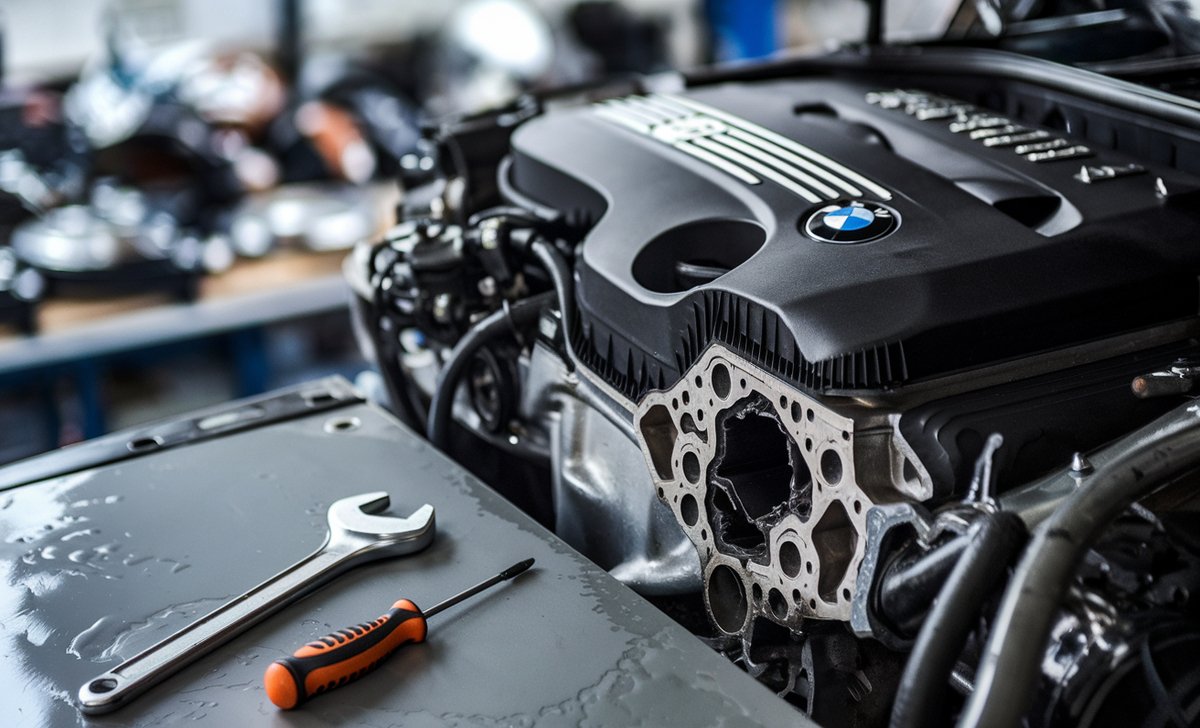
BMW engines are renowned for their performance and reliability, but they can still suffer from issues over time. One of the most frequent complaints is engine damage, often due to engine faults that may develop after long-term use.
These problems may include excessive oil consumption, coolant leaks, and wear and tear on vital engine components such as the valve cover and gaskets. For instance, the X5 model has seen complaints about cooling system failures that lead to engine overheating and eventual engine damage.
How to Avoid Engine Problems: Regular servicing is essential to avoid significant engine issues. A trusted BMW service professional can inspect the engine, check fluid levels, and replace worn components before they cause further damage.
2. Electrical Faults And Electrical Problems
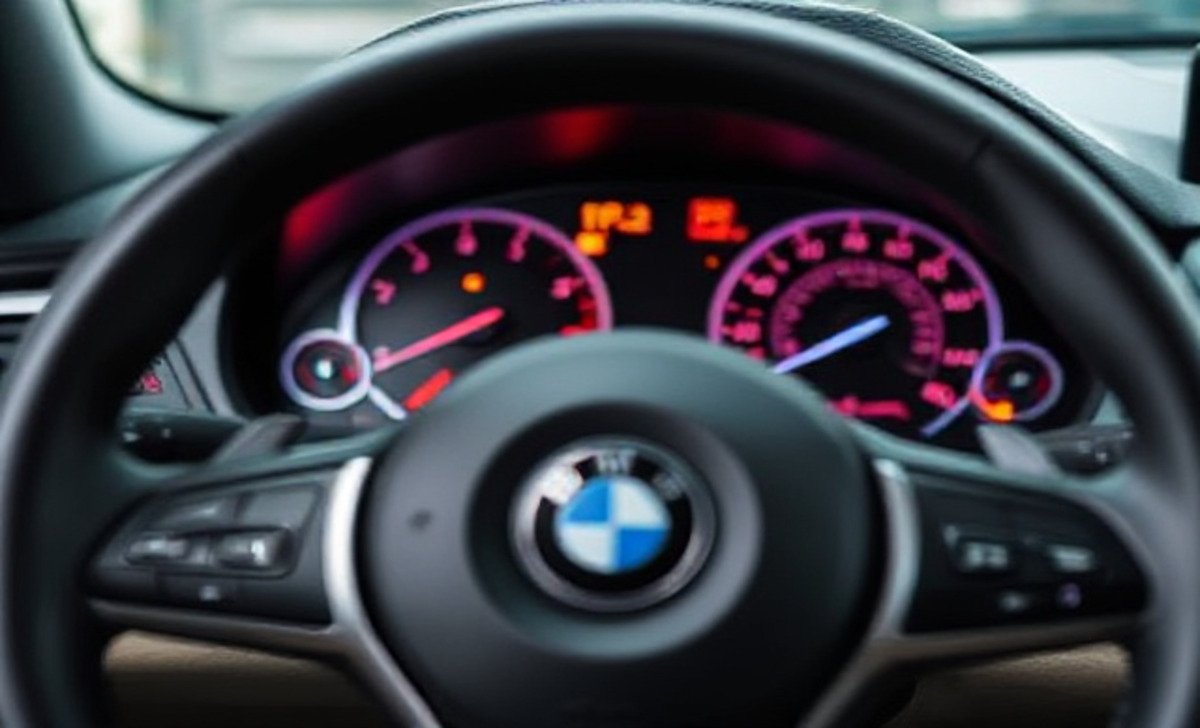
One of the most common issues BMW owners face is electrical malfunction. Electrical faults in cars like the X3, X1, or 3 Series often involve power windows, window regulator issues, and problems with warning lights on the dashboard.
The electrical system in a BMW is intricate, with numerous sensors, relays, and control modules, and a failure in any of these can cause a system failure or electrical issue. In some cases, these electrical problems may lead to unusual noises from the car or strange behavior from the infotainment system.
How to Avoid Electrical Issues: To prevent electrical problems, it’s important to have the electrical system regularly checked and serviced. Promptly addressing warning light issues can prevent further damage to components such as sensors or wiring.
3. Transmission Issues
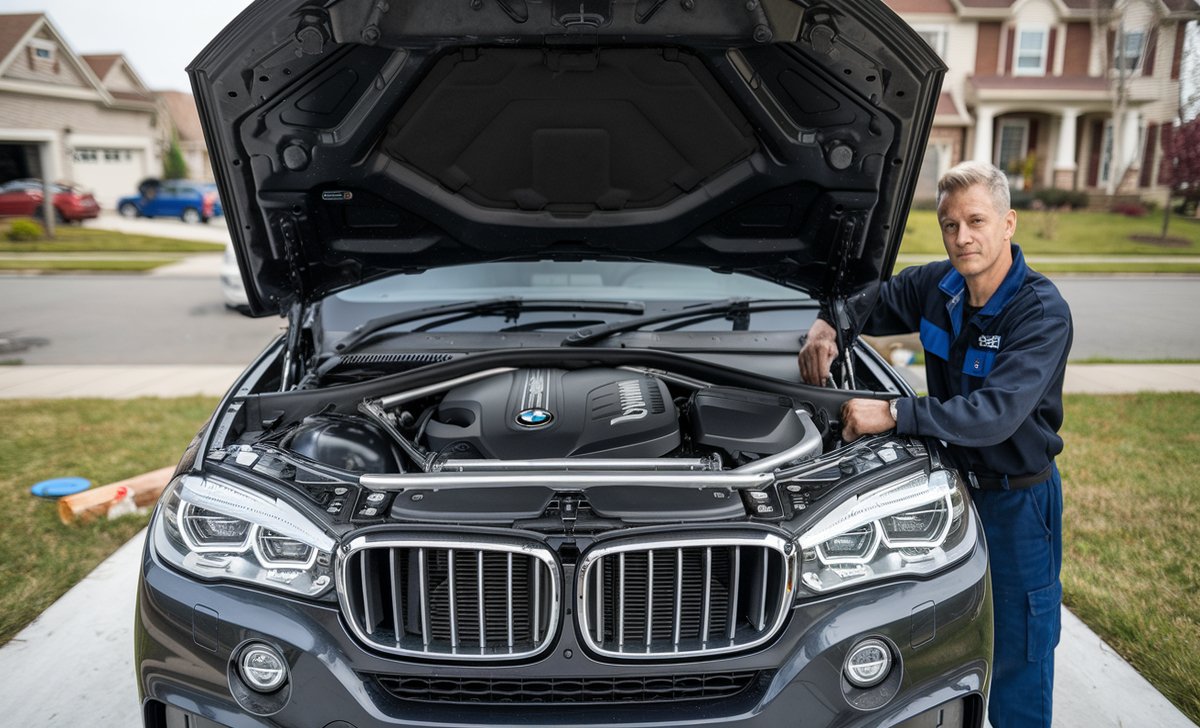
Another common flaw in some BMW models is transmission issues, particularly with the X5 and 3 Series. Owners often report slipping gears, difficulty shifting, or transmission failure in certain models.
Low fluid levels may cause these problems, wear on transmission components, or internal mechanical faults. When left unaddressed, these transmission issues can escalate into a complete transmission failure, leading to a costly repair.
How to Avoid Transmission Issues: Regular fluid checks and maintenance of the transmission can help extend the lifespan of this critical component. If you notice any unusual noises or issues with shifting, it’s crucial to address them before the problem worsens.
4. Fuel Pump Malfunction

A fuel pump malfunction is another issue that can affect BMW vehicles, especially older models like the BMW X3. The fuel pump plays a critical role in delivering fuel to the engine, and when it fails, the engine can experience hesitation, stalling, or even complete failure to start. This issue is often caused by clogged filters, fuel contamination, or wear on the pump itself.
How to Avoid Fuel Pump Malfunction: Regular servicing and maintaining clean fuel filters can help prevent fuel pump issues. If you experience hesitation or difficulty starting your BMW, it’s essential to get your car checked immediately to avoid more serious damage.
5. Chain Issues & Chain Failure
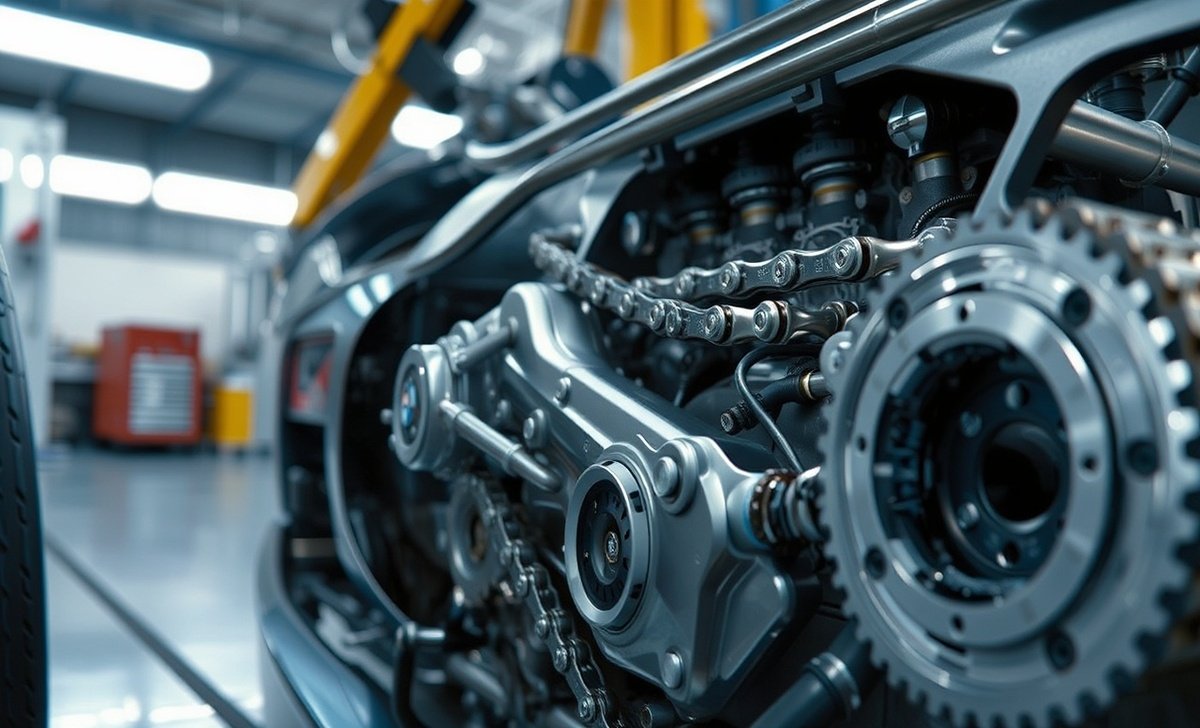
The timing chain is an essential part of your BMW’s engine, and issues with the timing chain can result in significant engine damage. Chain failure is a potential issue in BMW models, such as the X1 or 3 Series, and can be caused by a lack of maintenance, faulty tensioners, or worn components. Timing chain issues can lead to a failure to start, poor engine performance, or total engine failure.
How to Avoid Timing Chain Issues: Routine inspections of the timing chain and timely replacement of worn components can prevent chain issues. Pay attention to any unusual sounds coming from the engine, as they can be early signs of a chain failure.
6. Leaks And Fluid Loss
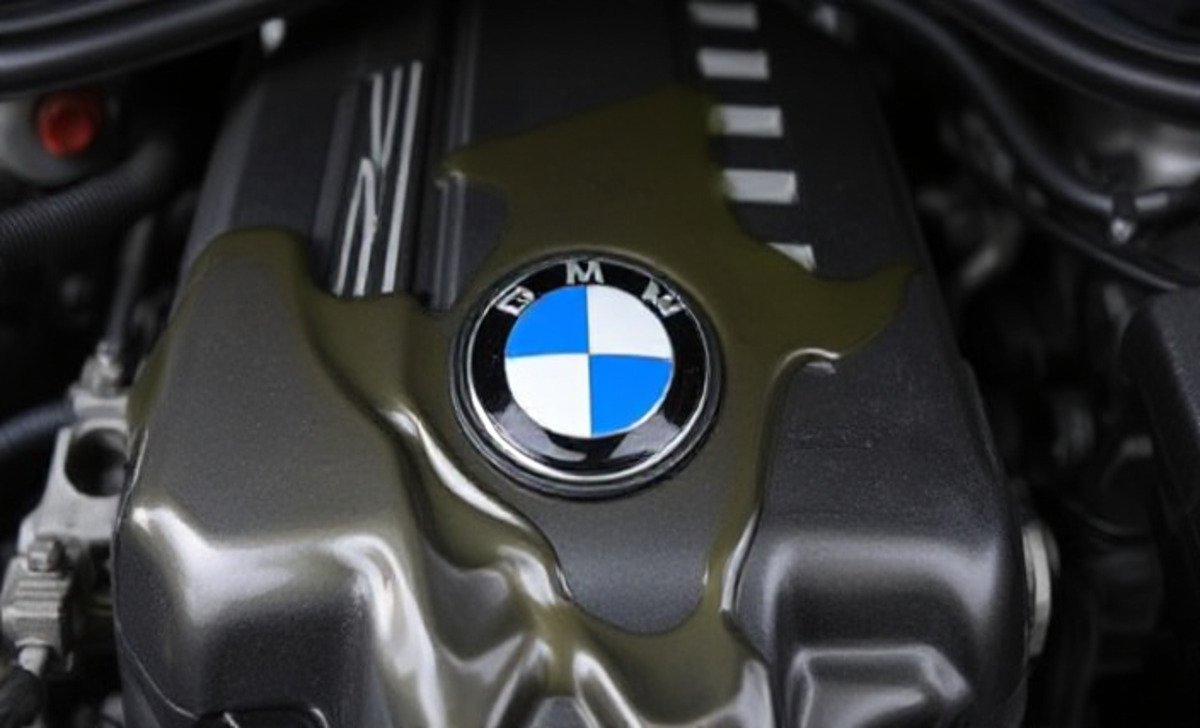
Leaks in your BMW’s engine, cooling system, or transmission can cause serious problems if left unchecked. Oil leaks, in particular, are a common issue in older BMW models and can be caused by degraded seals and gaskets. Inadequate maintenance of the cooling system or improper fluid levels can also lead to leaks that affect your car’s performance and longevity.
How to Avoid Leaks: Be vigilant about checking fluid levels regularly, especially in models known for their vulnerability to leaks, like the BMW X5. Addressing leaks promptly through repair and using high-quality replacement parts can help maintain the performance of your car.
7. Common Problems With BMW Models

Certain BMW models have a higher incidence of common problems. For example, the BMW 3 Series (late 1990s to early 2000s) has been known to experience issues with oil leaks and electrical faults, while the X5 is often plagued with cooling system problems. Owners need to stay informed about the specific issues that may affect their model so they can take preventive action early.
Conclusion
While BMWs are known for their luxury and performance, they come with certain flaws and potential issues. Engine problems, electrical faults, transmission issues, and fuel pump malfunctions are common across several BMW models, including the X1, X5, and 3 Series.
Regular maintenance, timely repair, and using quality parts are crucial in preventing these problems from escalating. By addressing issues early, BMW owners can avoid costly repairs and keep their cars running at peak performance for years to come.
FAQs
1.What Is The Most Common Issue With BMW Cars?
The most common issues with BMWs include engine damage, electrical faults, and transmission problems. Regular servicing can help prevent these issues.
2.How Can I Avoid Costly Repairs For My BMW?
Regular maintenance, using quality parts, and addressing small problems early can help you avoid costly repairs for your BMW.
3.Are BMW X5 Models Prone To Cooling System Failures?
Yes, the BMW X5 (early 2000s models) has been known for frequent cooling system issues, which can lead to overheating and engine damage.
4.Why Does My BMW 3 Series Have Electrical Problems?
Electrical problems in the BMW 3 Series may occur due to complex systems and wear on components like window regulators and sensors.
5.What Causes Timing Chain Issues In BMWs?
Timing chain issues can result from wear on the chain or tensioners, lack of maintenance, or improper oil changes.